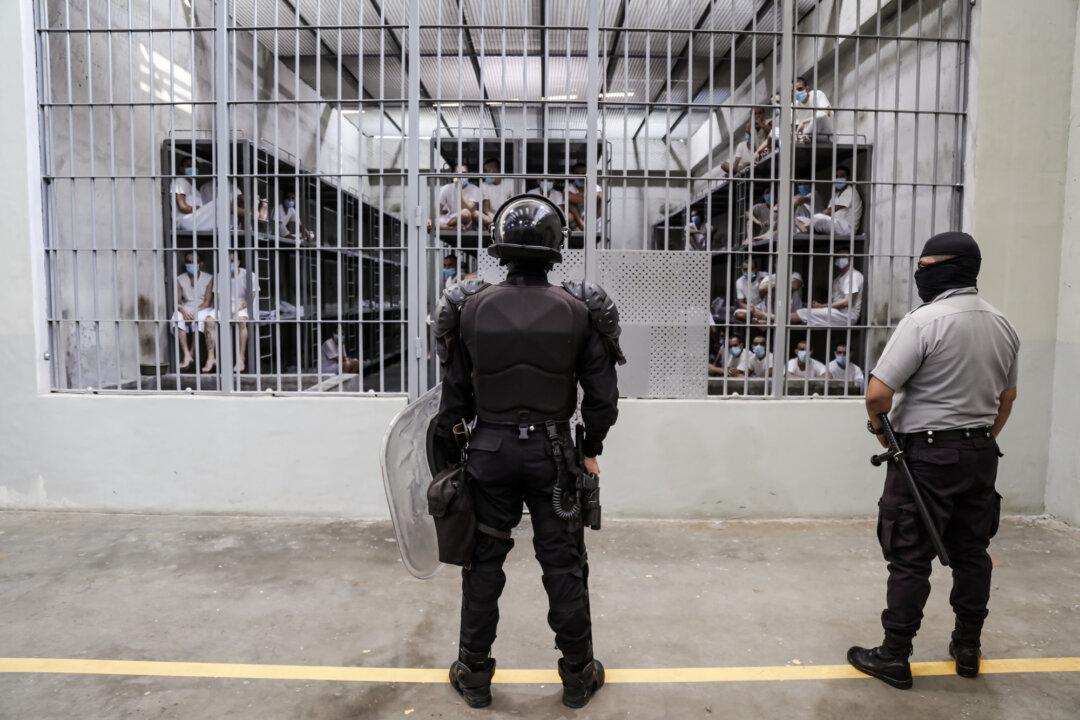A federal judge has denied the Trump administration’s bid to undo an order mandating the return of a Venezuelan man deported to El Salvador, saying that the man’s removal violated a court settlement protecting unaccompanied minors with pending asylum claims from deportation.
The decision, issued on May 6 by U.S. District Judge Stephanie Gallagher in Maryland, rejects the Justice Department’s request to vacate her previous April 23 order requiring the return of the man—identified in court filings as “Cristian”—who was deported in March to a high-security El Salvador prison under a Trump directive invoking the wartime Alien Enemies Act.





